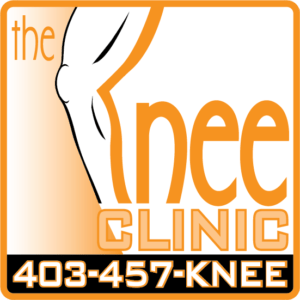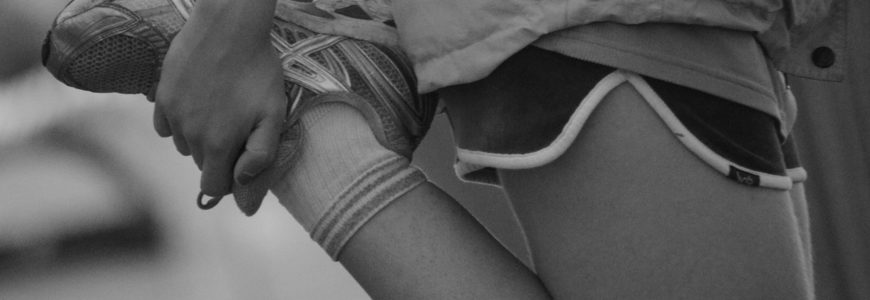The truth about stretching: it might not be doing what you think
For years, stretching has been promoted as beneficial for those with an active lifestyle. The trouble is, the touted benefits of stretching – lengthening and strengthening your muscles, and improving performance – aren’t supported by current research.
“As an avid runner, I was raised on the concept of stretching,” says Dr. Dale Macdonald, Sport Specialist and Clinic Director at Elite Sport Performance in Calgary. “Today, studies increasingly show that stretching is not beneficial in the ways we thought. In fact, stretching can actually cause harm.”
Macdonald points to three myths about stretching that may have you re-evaluating your fitness routine.
Myth #1: Stretching makes your muscles longer
One study tested muscle fibers before and after an eight- and 10-week intensive stretching program. Using biopsy tests measured under a scanning electron microscope, the result showed no gain in muscle length. The resting muscle fibers did not lengthen even a nanometer.
So why does it feel you ‘go further’ after stretching for weeks or months at a time? Macdonald says it’s not because the muscle is longer, but because the muscle is becoming numb.
Stretching desensitizes the nerve endings where the skin, muscle and connective tissues are being stretched. Over a period of time, pushing a stretch further makes it seem like you have a greater range of motion. In reality, you’re reaching the same end-range of motion but without that same sensation of pain.
Myth #2: Stretching muscles makes them stronger
Stretching can create miniscule amounts of strength. In laboratory tests, a muscle put on a jig and stretched for weeks at a time gained 2% to 3% in strength.
However, this is an incredibly small gain for the effort that goes into stretching. Couple that with the fact that stretching also desensitizes nerves and it’s clear: stretching isn’t worth it.
“That’s why I often disappoint my patients when I tell them yoga is not, in fact, a strength-building exercise,” Macdonald says. “Yoga has its benefits, but greatly improved muscle strength is not one of them.”
If it’s strength you are after, Macdonald suggests trying weight-bearing or resistance exercises instead.
Myth #3: stretching improves athletic performance
The purpose of muscles is to stabilize and move our joints. If you stretch the muscles around a joint, you essentially make that joint less stable and less sensitive to stresses placed on it. This, in turn, dramatically increases the risk of injury to the joint and the surrounding connective tissues and muscles.
Suppose a runner stretches right before a run, and therefore reduces the nerve sensitivity in that area. The runner’s nervous system could be slower to catch an injury – like a rolled ankle – before significant harm occurs.
The bottom line? Stretching muscles desensitizes them, leaving athletes at increased risk of injury. Studies continue to show that stretching before an event actually decreases overall performance.
How can I improve my flexibility?
If stretching doesn’t improve flexibility, what will? Macdonald states that the #1 way to become more flexible is simply to become stronger.
Stronger tissue is healthier, and healthier tissue is naturally more pliable. This pliability, in turn, gives a person better range of motion while creating a stronger and more stable environment for the joints.
Is it still OK for me to stretch?
If you really enjoy the sensation of stretching, Macdonald’s advice is to wait until after your activity to do so. Even so, he believes stretching is only truly beneficial if you’re hurting, since the desensitizing quality may help reduce pain.
Alternately, Macdonald recommends a dynamic stretch to kick off your workout. This takes your muscles through the full range of motion and warms up the nervous system in the specific firing pattern that’s required for that activity. Google-search ‘dynamic warm up drills for runners’ or any other exercise for better pre-activity results.
– Knee Injury & Pain Treatment Specialists, The Knee Clinic




